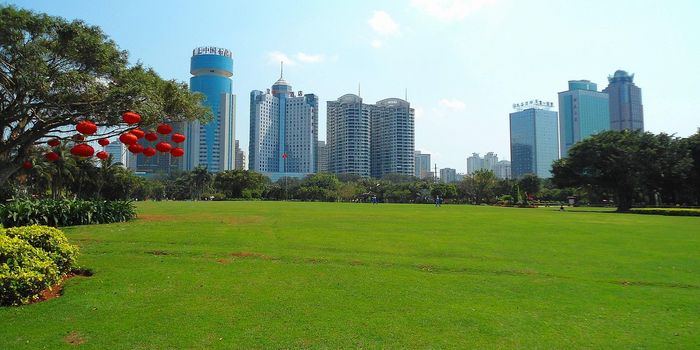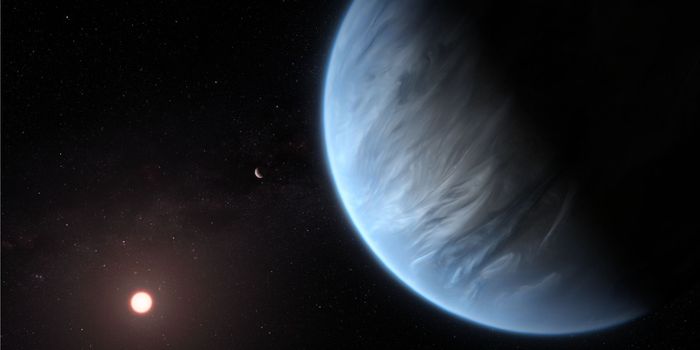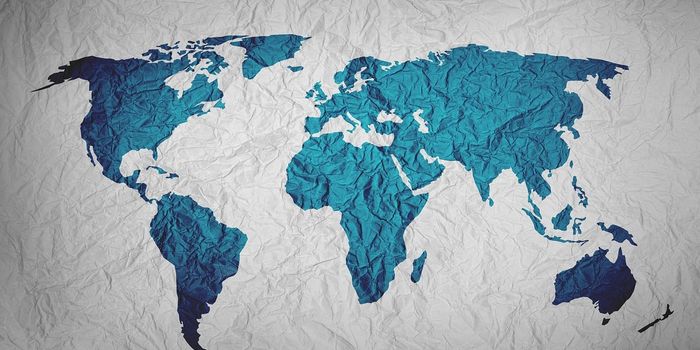Marine Microbe Survey Reveals Potential Problem-Solvers
Our world is teeming with microbes, and computational and genetic tools are enabling researchers to get an unprecedented look at the possibilities they present. Scientists are now able to collect samples from various places, such as seawater, and analyze all of the genetic material it contains. This appraoch is called metagenomics, and it can reveal microbes with enormous potential to help solve some of humanity's biggest problems, like plastic pollution or antibiotic resistance. Microorganisms have evolved to not only adapt and thrive in many different places, but also to do battle with one another. This can make them great at tolerating extreme conditions, dealing with pollution, or destroying other microbes.
In a new effort reported in Nature, investigators analyzed the genomes of about 43,000 bacteria and archaea that were harvested from marine samples that covered depths from the surface of the ocean to its trenches, and areas from pole to pole. There were 138 unique microbial groups represented in this study. A publicly available resource now contains data from over 20,000 of these microbes.
Though we are likely just starting to get a look at what marine microbes are like, this study has already identified some interesting microbial cells. Scientists discovered a new type of gene editing system that is similar to CRISPR-Cas9, ten novel antimicrobial molecules, and three microbial enzymes that can break down a plastic material called polyethylene terephthalate.
These characteristics were also verified with laboratory experiments, to demonstrate that the metagenomic findings were reliable indicators of what these microbes can do.
The research can also help scientists learn more about how bacteria balance CRISPR systems, which are bacterial defense or immune strategies, with genes that help them resist the effects of antibiotics. Some antibiotics can trigger the activity of CRISPR genes in bacteria, for example, to help the bacteria resist the drugs and survive.
"The interaction between marine microbes and their environment is underpinning global-scale processes such as carbon fixation and nutrient recycling. Thus, these interactions contribute to the habitability on Earth because the oceans are the largest and most significant ecosystem on the planet," noted co-corresponding study author Thomas Mock, a Professor at University of East Anglia (UEA).
This study has mined the genomes of marine microbes in a kind of "bioprospecting" project, and shown that this approach can reveal novel and useful genes and compounds, said the researchers.
"While previous studies have provided initial insights into the role of marine systems in maintaining biological diversity, our research not only builds on these findings but also introduces new opportunities for sustainable exploration and utilization of the oceans, which is overdue considering the global challenges human society faces on our planet," added Mock. "This approach highlights the crucial role of marine microbiomes in improving human well-being and promoting environmental sustainability."
Sources: University of East Anglia, Nature









